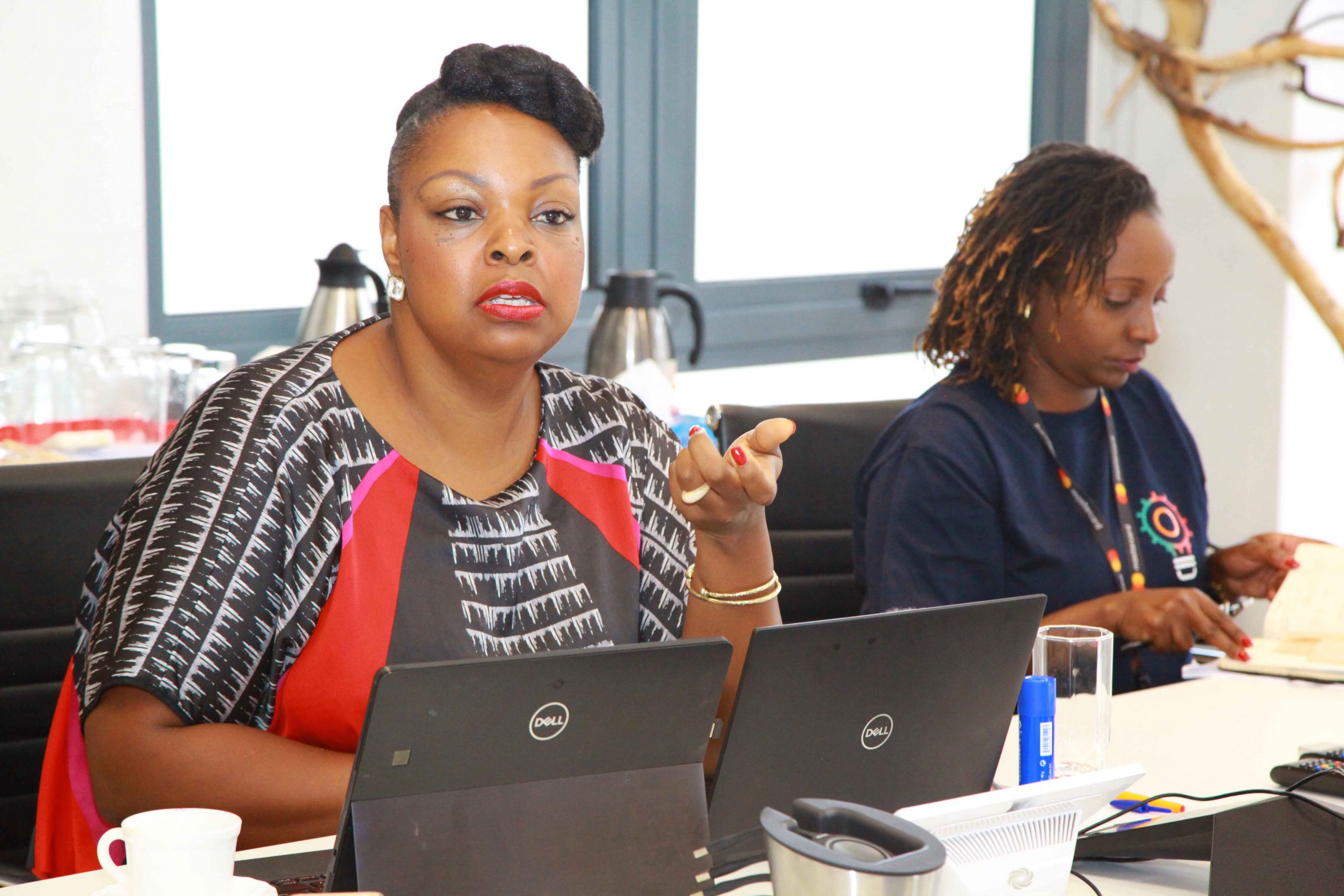advertisement
Mastercard spurs innovation for financial inclusion
The deliberate move by Mastercard to invest on innovative ideas lined to sustain the momentum of offering digital payment systems…

The deliberate move by Mastercard to invest on innovative ideas lined to sustain the momentum of offering digital payment systems to enhance financial inclusion globally motivates its staff to annually emerge with groundbreaking solutions in the fintech space.
In an annual initiative steered by Mastercard Lab for Financial Inclusion, the organization is according to Salah Goss, the lab’s Vice President taking a leap that will impact millions of people by helping them manage risks better, plan their future better to lead empowered lives.
“Innovation is at the heart of our more than 50-year history. We take an innovative, value-driven approach to the solutions we create and services we offer, making transactions faster, easier and more convenient and secure,” Goss asserted during the Mastercard Innovation week in Nairobi, Kenya.
advertisement
By underpinning innovation in the various initiatives it undertakes, Mastercard is in the long haul transforming the way people pay and get paid, growing businesses, improving shopping experience and advancing financial inclusion, Goss explained.
Financial Inclusion, being a key enabler to reducing poverty and boosting prosperity is if done well will help to grow an economy that`s more equitable and sustainable stressed Goss.
Ms. Goss further pointed out that since its launch in 2015, the Mastercard Lab in Nairobi that equally serves as Africa’s research hub, is equipped to develop and deploy new payments systems such as mobile money apps and cashless payments that will make transactions faster and easier for consumers.
advertisement
Mastercard Lab has since rolled out three scalable solutions in the areas of agriculture, micro-retail and education namely the Mastercard Farmer Network, Kionect, and Kupaa.
Kupaa – Swahili word meaning – flying is a platform that eliminates inefficiencies in the education sector by digitising payments and information flows for schools and linking both parents and schools to specialised financial products.
“Kupaa is currently in over 350 schools with over 160,000 students and 110, 000 parents or guardians using the solution,” she said, adding that the platform was initiated in low-income rural schools in Uganda where many guardians and teachers had little experience with technology and digital payments.
advertisement
Goss noted that many of these schools have successfully adopted the platform and are enjoying the full benefits of financial inclusion.